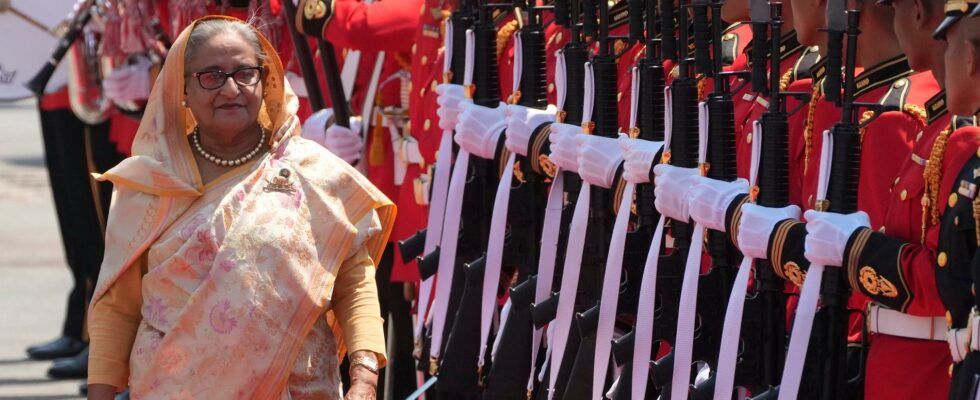unsaveSave
expand-left
full screen
chevron-rightnext
The escalating student protests in Bangladesh are channeling wider discontent with Prime Minister Sheikh Hasina’s authoritarian rule. The picture shows Hasina during a visit to Bangkok. Archive image.
1 / 2Photo: Sakchai Lalit/AP/TT
The spark that ignited the escalating student protests in Bangladesh was dissatisfaction with a controversial quota system for government jobs. But the protests are also about corruption and the lack of democracy in the country, believes a South Asia researcher.
Over 120 people have been killed in clashes between police and protesters in Bangladesh in the past week. The students are demanding reforms to the quota system for government jobs that favors descendants of those who fought for the country’s independence in 1971.
– These quotas have created dissatisfaction and it has spread to the students, because they are the ones who have to train to compete for these attractive jobs, says Sten Widmalm, professor of political science at Uppsala University.
Authoritarian rule
But the background to the protests is more complex than that and also targets Prime Minister Sheikh Hasina’s long-term rule of the country, believes Sten Widmalm.
– It has to do with the fact that it has been a dictatorship for a very long time. They had elections at the beginning of the year and it was not a democratic one. choice. There is more discontent to capitalize on than quotas, he says.
The opposition has mainly boycotted the elections that have been held in the country because they believe they have been rigged and favored the ruling Awami Party.
Has exploited the country
At the same time, growth in Bangladesh during Hasina’s 15 years in power has increased sharply in the country and millions of people have been lifted out of poverty. But according to Sten Widmalm, it has happened at the price of corruption and a violent exploitation of the country’s natural resources.
– Sheikh Hasina has basically sold out the country and the natural resources that are there in a way that is completely devastating for the country now and in the long term, he says.
